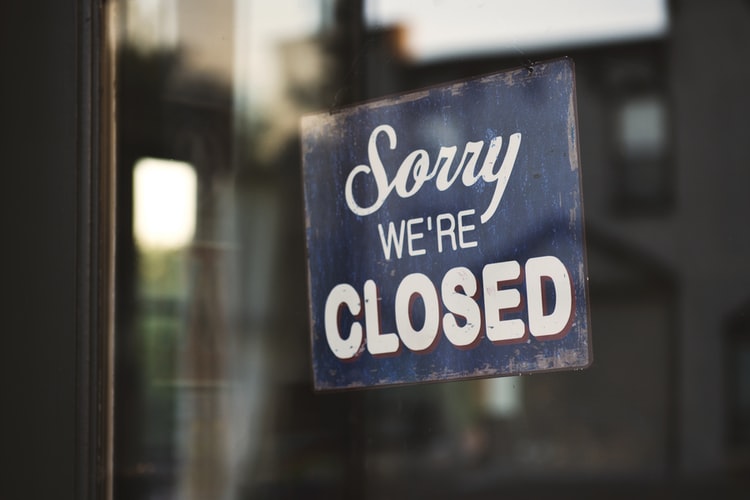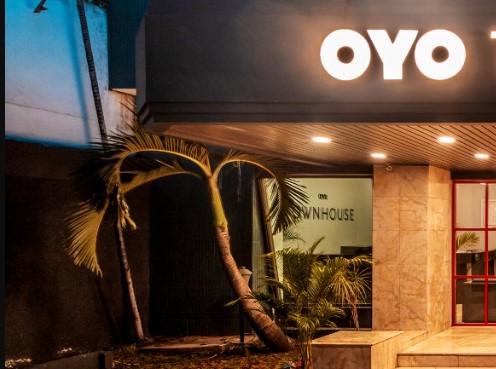The pandemic has left heartbreaking Negative Impact businesses and governments to grapple with a perplexing collection of supply-chain and logistical disruptions. Over a year ago, we knew we were facing upheavals in health, education, and workplace systems. Ramifications such as the semiconductor shortage, however, were harder to predict. According to McKinsey report in June 2021, a variety of unexpected pandemic consequences and looked for ways to address them.
Sectors that had huge Negative Impact due to COVID-19 Lockdown
The global semiconductor shortage threatens economic recoveries and poses an urgent problem for carmakers, which have already announced production rollbacks—and billions of dollars in expected revenue losses—as a result.

Grocery is another industry that has been turned upside down by the pandemic, not once but multiple times as consumers respond to the evolving situation. At Tesco, online sales doubled in the United Kingdom, where the company has a strong online business, and in Central Europe, where growth is coming off a low base, said Matthew Simister, Tesco’s Central Europe CEO, in an interview. Growing e-grocery leads to the question of whether brick-and-mortar grocers will survive in Europe, and if so, which formats are best positioned for success?
McKinsey identified amply stocked “soft discounters” and moderately sized, centrally located “hypermarkets light” as winning models. Leading players are participating in the automated warehouse revolution that is lowering labor costs and supporting e-grocery. Another crucial tactic: convincing shoppers that a grocer offers the best value by strategically discounting, improving private-label lines, and offering a large variety of cheap products.
The devastation in India is among the saddest unanticipated turns in the pandemic. After the first wave of the disease faded quickly in 2020, the current disaster took the lives of nearly 28,000 people in one week last month, amid 2.3 million new reported cases. The world should take action, write partner Pooja Kumar and senior partner Navjot Singh, with support for oxygen and vaccine production and distribution. Such help not only serves a humanitarian purpose but also lowers the risk that variants will threaten recoveries elsewhere.






